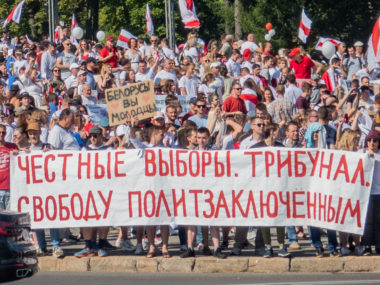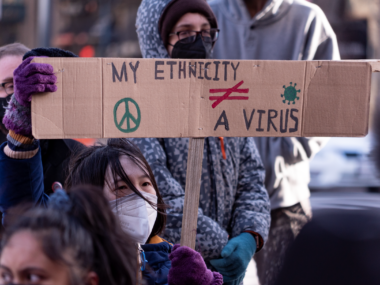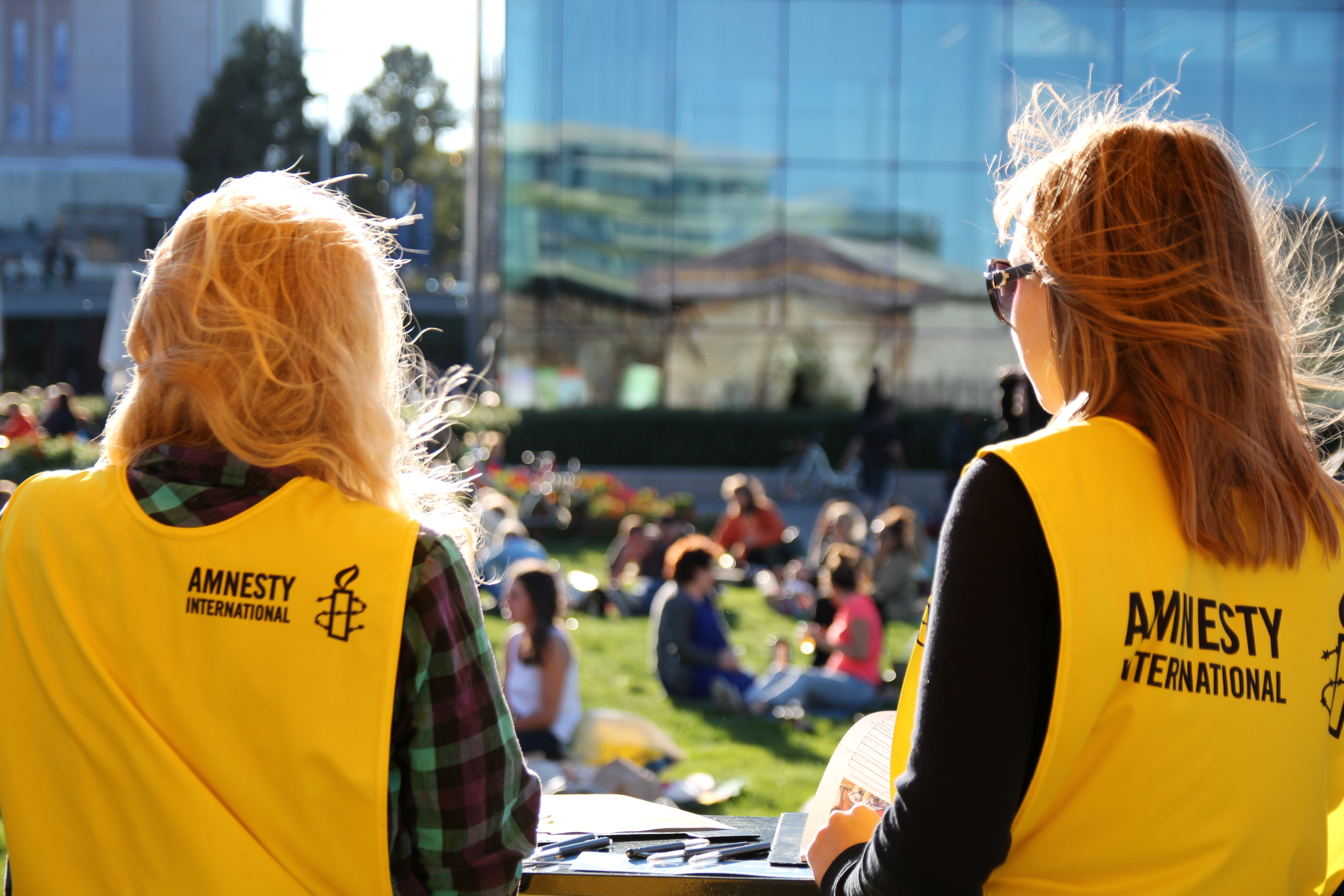Guest post by Elin Bjarnegård and Erik Melander, with Karen Brounéus.
How is corporal punishment connected to political violence? Our recent research helps address this question. In Violent Boyhoods, Masculine Honor Ideology, and Political Violence: Survey Findings From Thailand, we present evidence of a relationship between boys being beaten in their childhood and participation in political violence in adulthood among male activists in Thailand. Violence against boys thus seems to be a contributing driver of political violence, and the fight against corporal punishment of children may help reduce levels of political violence in the long term.
Our study, published in the Journal of Interpersonal Violence, also demonstrates that boys who saw their mothers being beaten in their childhood are more likely to take an active part in political violence in their adulthood. As part of the Survey on Gender, Politics and Violence in Thailand, we took a closer look at 103 male activists, linking psychological research on the intergenerational effects of corporal punishment and family violence to violence in the political arena. The survey was carried out before the military coup in 2014, during a politically turbulent time when demonstrators from different political camps took to the streets in predominantly peaceful demonstrations. Some of these activists, however, armed themselves before going to the demonstration. A number of them also engaged in violence. Those prepared to use violence for political purposes shared one key characteristic: violent boyhood experiences. A male activist was more likely to participate in political violence if he was beaten in his childhood, or if he had seen his mother being beaten—and he was much more likely to endorse and use political violence if he had experienced both.
Though radical activists are relatively few and individuals who resort to violence even fewer, previous studies on Thailand have demonstrated that their impact on the political development of the country has been fateful. Political turbulence was referred to as one of the main reasons for the latest military take-over in 2014. In Thailand and many other countries, small groups of militant activists, mostly men, can escalate political conflicts to serious and long-lasting violence despite representing a tiny fraction of the population.
Our research shows that understanding political violence requires both a childhood and a gender perspective. Research has shown that men who embrace patriarchal and “tough” ideals of manhood are more prone to perpetrate intimate partner violence and thus to indirectly raise violence-prone future activists. In a previous study, we uncovered how such beliefs about male superiority also are directly linked to participation in political violence among men.
Our findings on the individual links between experience of being beaten in one’s childhood and participation in political violence are mirrored at the macro level. In countries where corporal punishment of children is frequent, there is a higher acceptance and endorsement of violence at the societal level, including warfare. This points to important interconnections between corporal punishment, on the one hand, and peaceful societies, on the other.
Forty years ago, Sweden was the first country in the world to pass a law banning corporal punishment of children. Since then, 53 countries have followed suit, and momentum is growing. The 2030 Agenda for Sustainable Development (target 16.2) calls for ending all forms of violence against children, with progress measured by the proportion of children aged 1-17 who experienced any physical punishment and/or psychological aggression by caregivers in the past month. Studies have shown that corporal punishment is associated with increased risk of poor mental health and that even relatively mild forms of corporal punishment, such as spanking, make children predisposed to using violence in their own families as adults. It has also been demonstrated that the effects of the transmission are gendered. Whereas women with adverse childhood experiences are overrepresented among victims of intimate partner violence, men with the same experience run a greater risk of becoming perpetrators. Multigenerational studies on boys becoming men have found that harsh parenting made boys aggressive in childhood, antisocial during adolescence, and violent in their own families as fathers.
Violence against boys is a contributing driver of political violence, and violence prevention measures at the individual level—against corporal punishment of children and violence against women—should decrease the risk for and prevalence of political violence and armed conflict. Our study on the effects of family violence in boyhood thus gives support to the statement issued by the UN Committee of the Rights of the Child: “Addressing the widespread acceptance or tolerance of corporal punishment of children and eliminating it, in the family, schools and other settings, is […] a key strategy for reducing and preventing all forms of violence in societies.”
It has been 30 years since the adoption of the Convention on the Rights of the Child, which says that children have the right to be protected from violence and that corporal punishment violates children’s human rights. Despite progress, corporal punishment of children is still allowed in most countries of the world. Intensifying efforts to ban corporal punishment of children will improve the health and wellbeing of children themselves, and may help reduce levels of political violence in the long term.
Elin Bjarnegård is an Associate Professor at the Department of Government, Uppsala University; Erik Melander is a Professor at the Department of Peace and Conflict Research, Uppsala University; Karen Brounéus is an Associate Professor at the Department of Peace and Conflict Research, Uppsala University.






